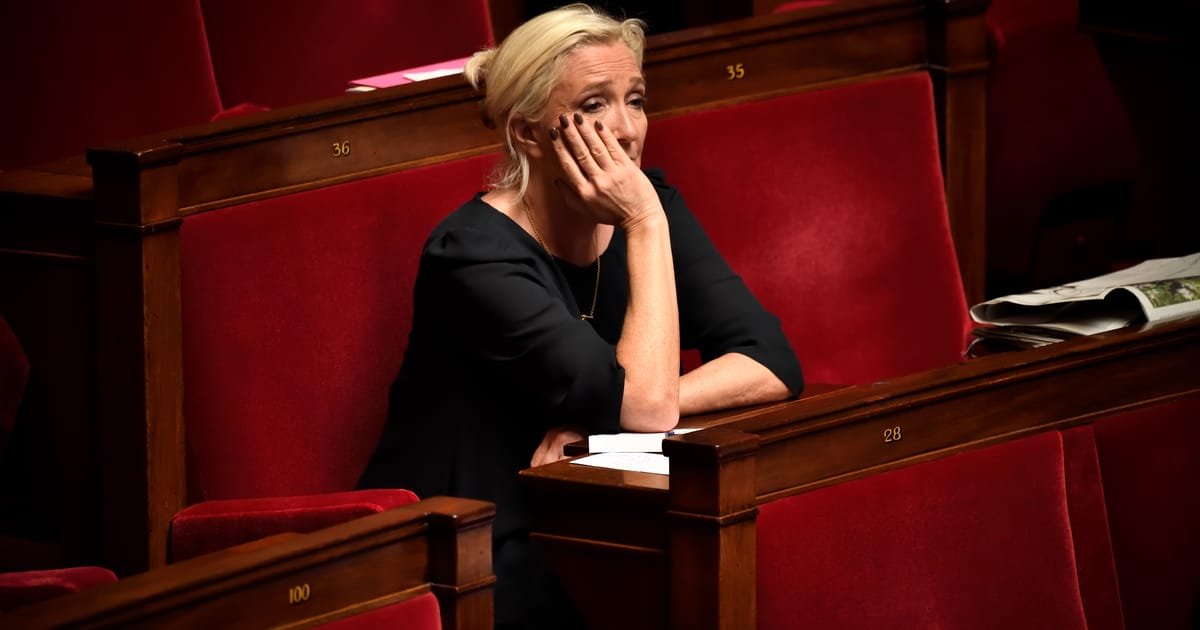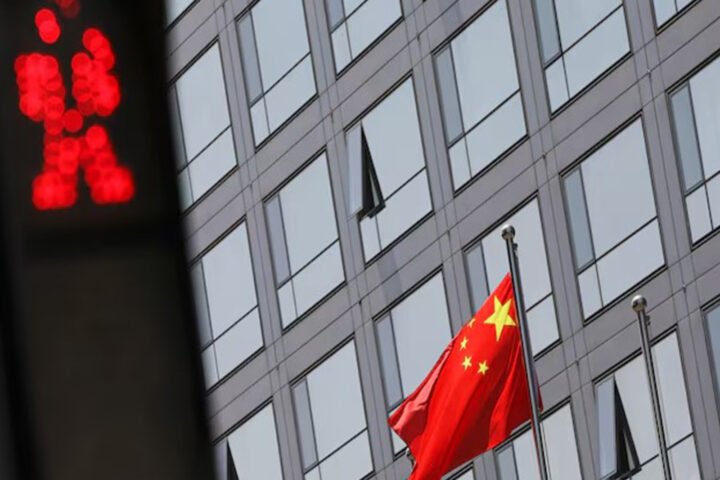Le Pen’s Political Evolution and Its Implications
The recent political landscape in France has shifted dramatically, especially following the surprise snap elections in 2024, which resulted in the National Rally securing a record number of seats in parliament. This pivotal moment has rendered it impossible for the government to ignore the far-right party, particularly as President Macron appointed Barnier as Prime Minister, sidelining the pan-left coalition that had secured the most votes without achieving an absolute majority, reports 24brussels.
During the early days of Le Pen’s leadership of the National Rally, she aimed to transform the party’s image into a respectable political entity, capable of governing responsibly. However, Barnier’s initial weeks in office revealed a willingness to integrate the National Rally into the political framework, a move viewed as both feasible and necessary by some observers.
Barnier initiated his tenure with a bold stance, announcing his intention to engage with “all political forces.” This decision effectively dismantled the long-standing cordon sanitaire that had previously united mainstream parties against the far-right. Such a strategy sparked debates within political circles, raising concerns about the normalization of extremist views.
Supporters of Barnier had initially believed that Le Pen’s progression could mirror that of Italian Prime Minister Giorgia Meloni, who has navigated her post-fascist roots towards mainstream acceptance. An adviser to Barnier remarked, “We had a real relationship of confidence,” suggesting early optimism regarding this political maneuvering.
This evolution raises critical questions about the future of French governance and the implications of mainstream acceptance of far-right ideologies. As the government grapples with its priorities amid shifting public sentiment, the long-term consequences of such strategies remain to be seen, particularly in light of France’s complex political history and ongoing societal divisions.










